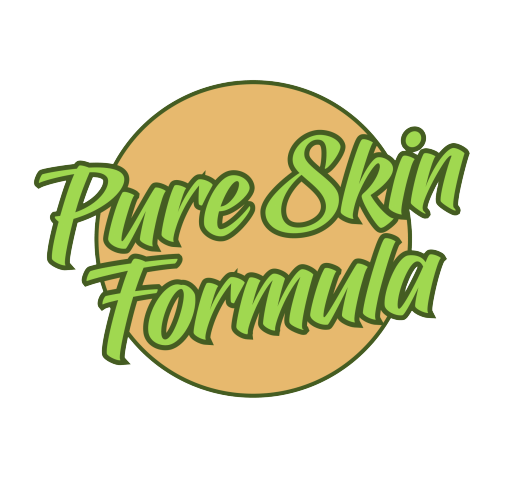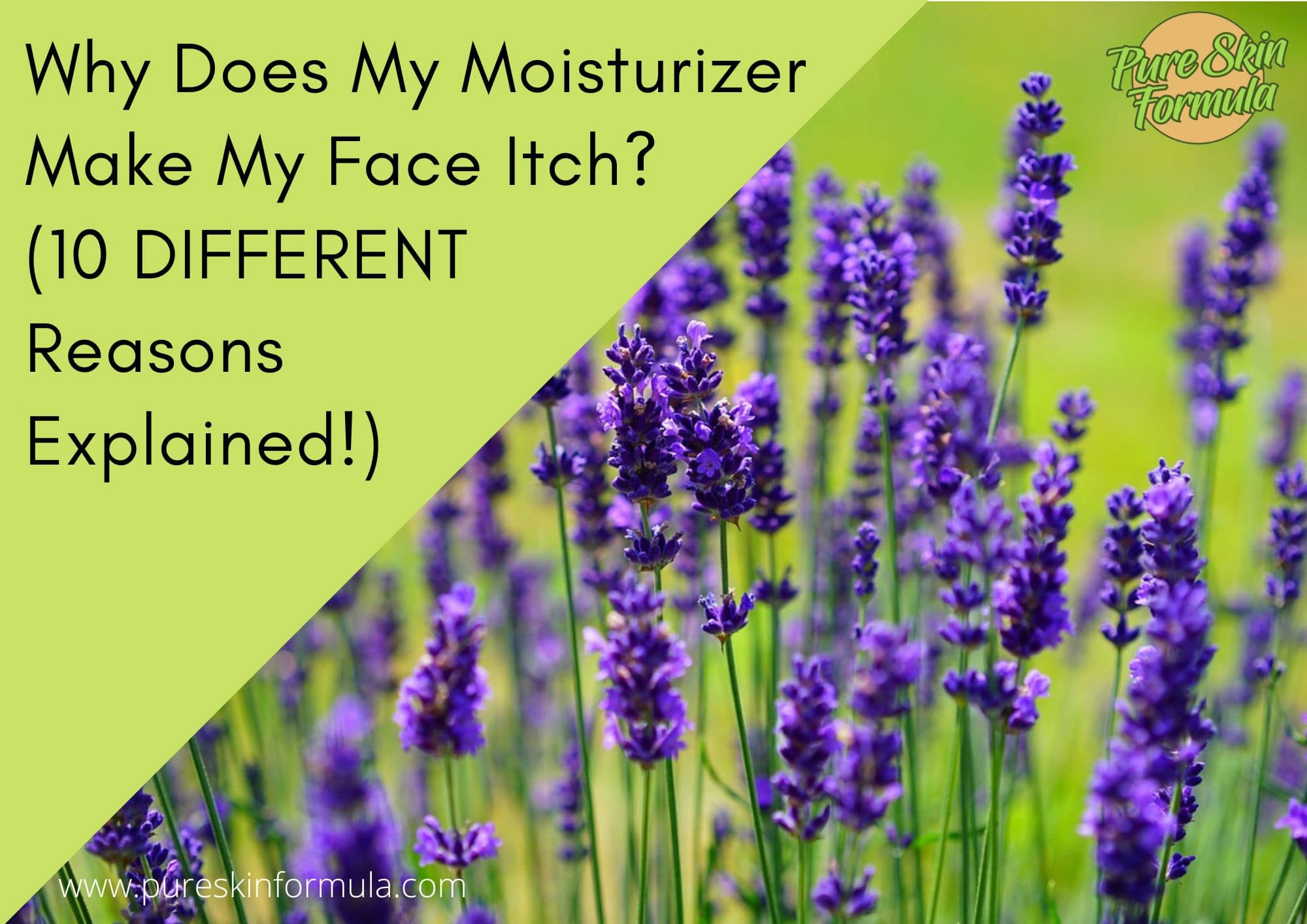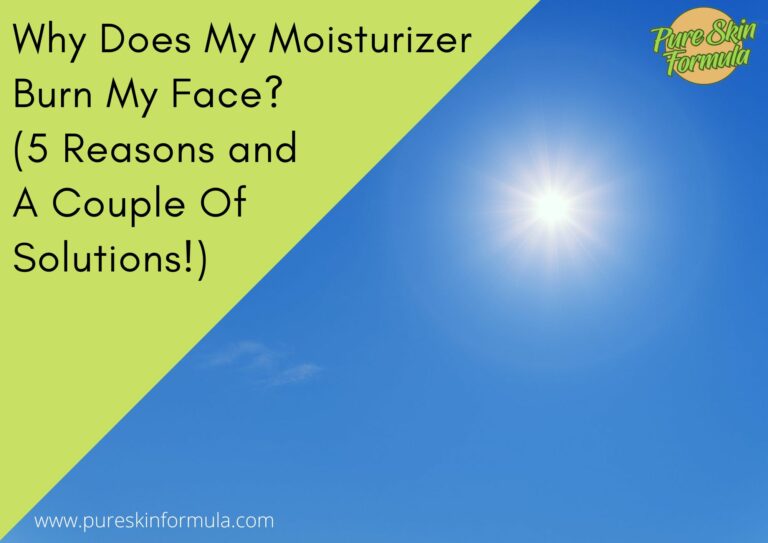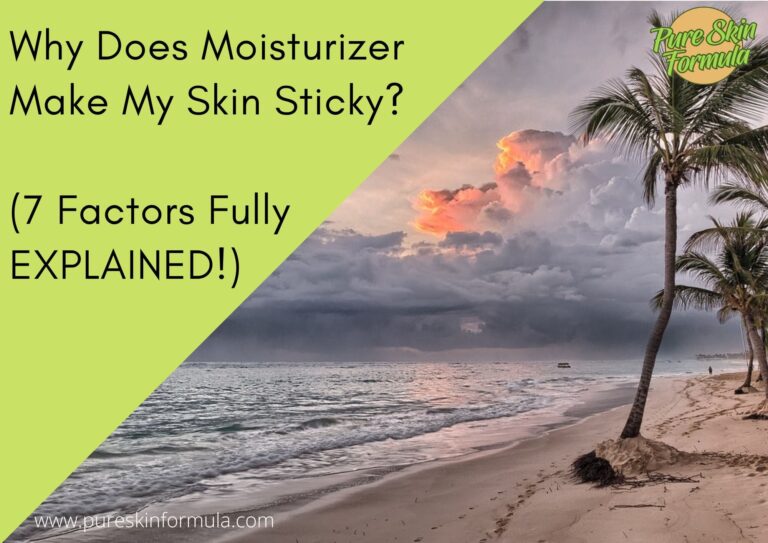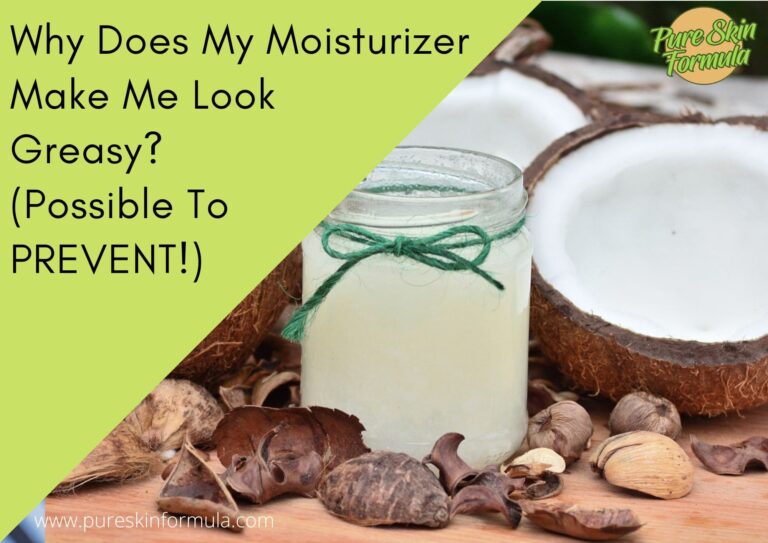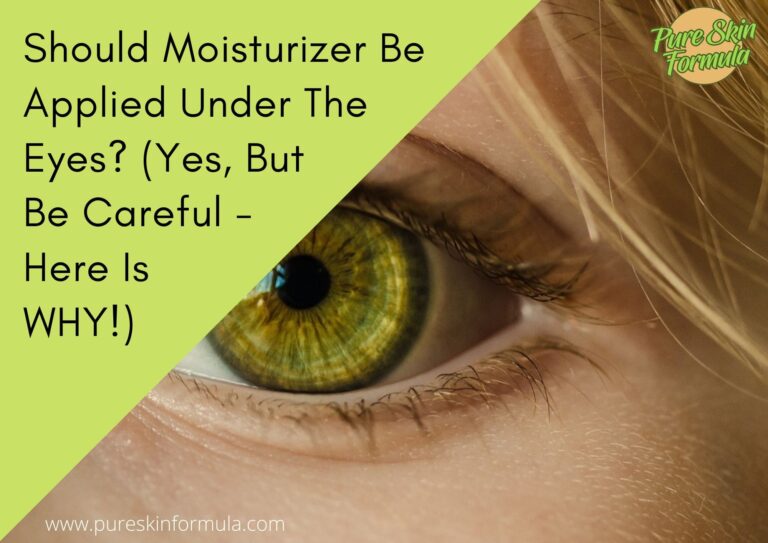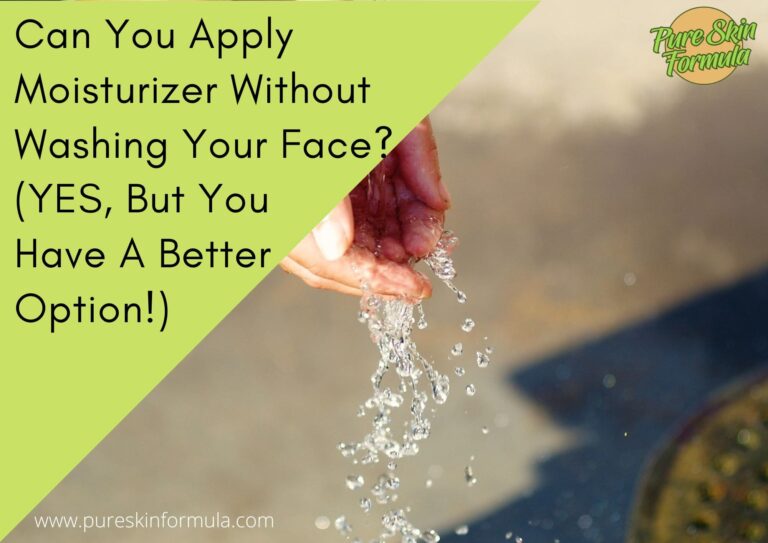The reasons why your face may itch after applying moisturizer are so comprehensive. Some of them are innocent; others may indicate a severe issue.
I will sum them up and systemize them into ten main points. Each reason is explained shortly so that you have the big picture in your head.
Why does my moisturizer make my face itch?
- Your skin has been dehydrated or damaged before applying the moisturizer;
- The moisturizer doesn’t match your skin type;
- You use too much quantity of the product;
- You are allergic to some ingredients;
- The product has expired;
- Your skin is sensitive to some fragrances;
- There are preservatives which can cause itchy skin;
- There are essential oils in the formula that might be the reason;
- There are AHAs or BHA in the moisturizer;
- Your product contains retinol.
Your skin has been dehydrated or damaged before applying the moisturizer
When skin is dry, its protective barrier lacks the moisture and lipids it needs to work effectively and is more susceptible to external irritants, leading to itchy skin.
The skin comprises three main layers – epidermis, dermis and subcutis – each contributing to its protective properties.
The outermost layer of the skin (the epidermis) forms a protective barrier against environmental influences.
The outer layer of the epidermis – the stratum corneum is composed of dead skin cells bound by epidermal lipids and is covered by a hydrolipidic layer that includes the acid mantle.
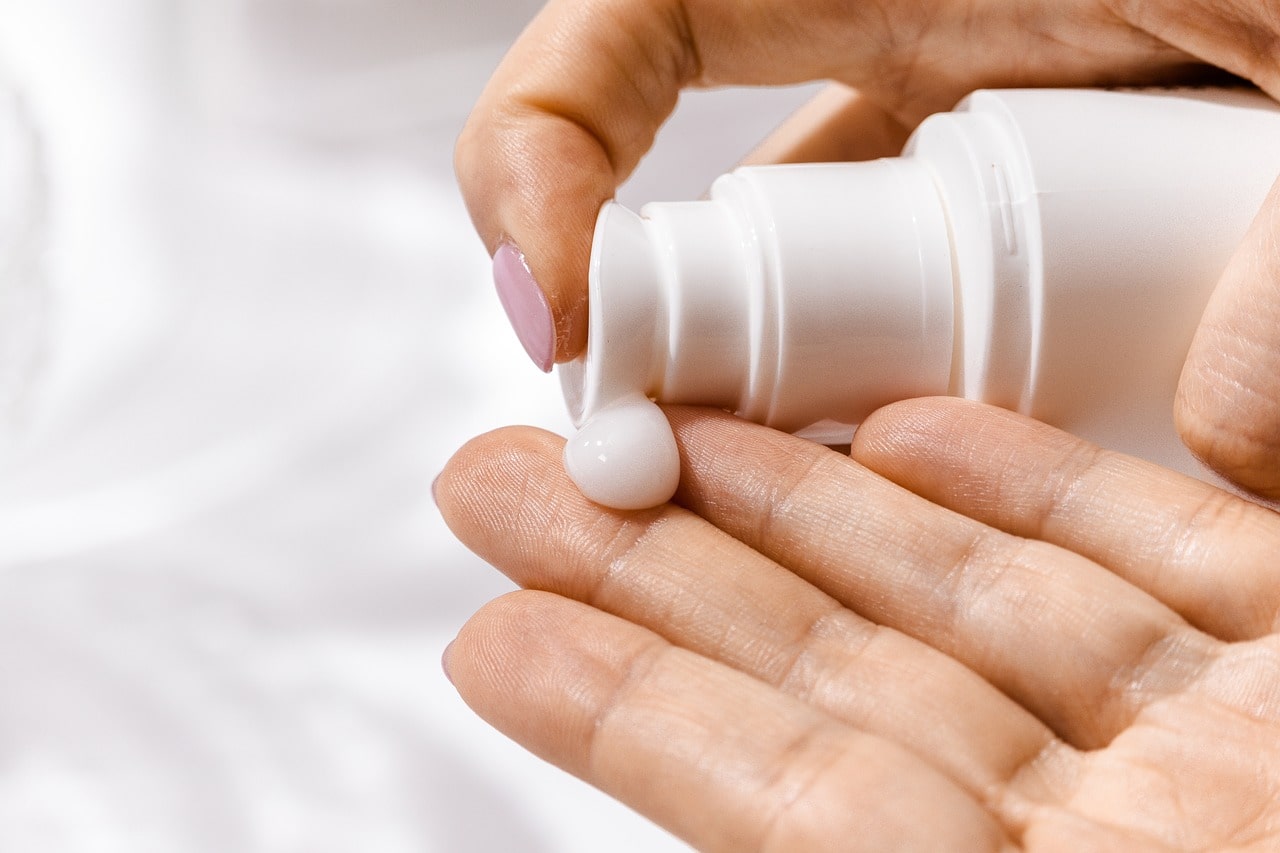
Epidermal lipids are responsible for retaining hydration and creating a permeable skin barrier preventing bacteria and viruses from penetrating the skin’s surface.
The hydrolipid layer is an emulsion of water and lipids (fats) that coats the skin’s surface and acts as additional protection from toxins.
The acid mantle is the water part of the hydrolipidic layer.
It gives the skin its slightly acidic pH – the ideal environment for developing beneficial microorganisms (skin microflora) and destroying harmful microorganisms.
The moisturizer doesn’t match your skin type
This is self-explanatory. People have different skin types. You have to explore the product before applying it.
Ask for a sample in the store, or if you have already bought it, make a patch test to see the reaction.
The effect might be versatile: skin more oily (or the opposite – drier) than expected, too sticky or stretchy.
Another signal: the product could flake off, and you can remove it quickly.
You use too much quantity of the product
Another issue is that you use too much moisturizer. Your skin needs as much product as it can absorb.
If traces of the cream remain on its surface, it leaves it without vital oxygen, leading to premature wrinkles.
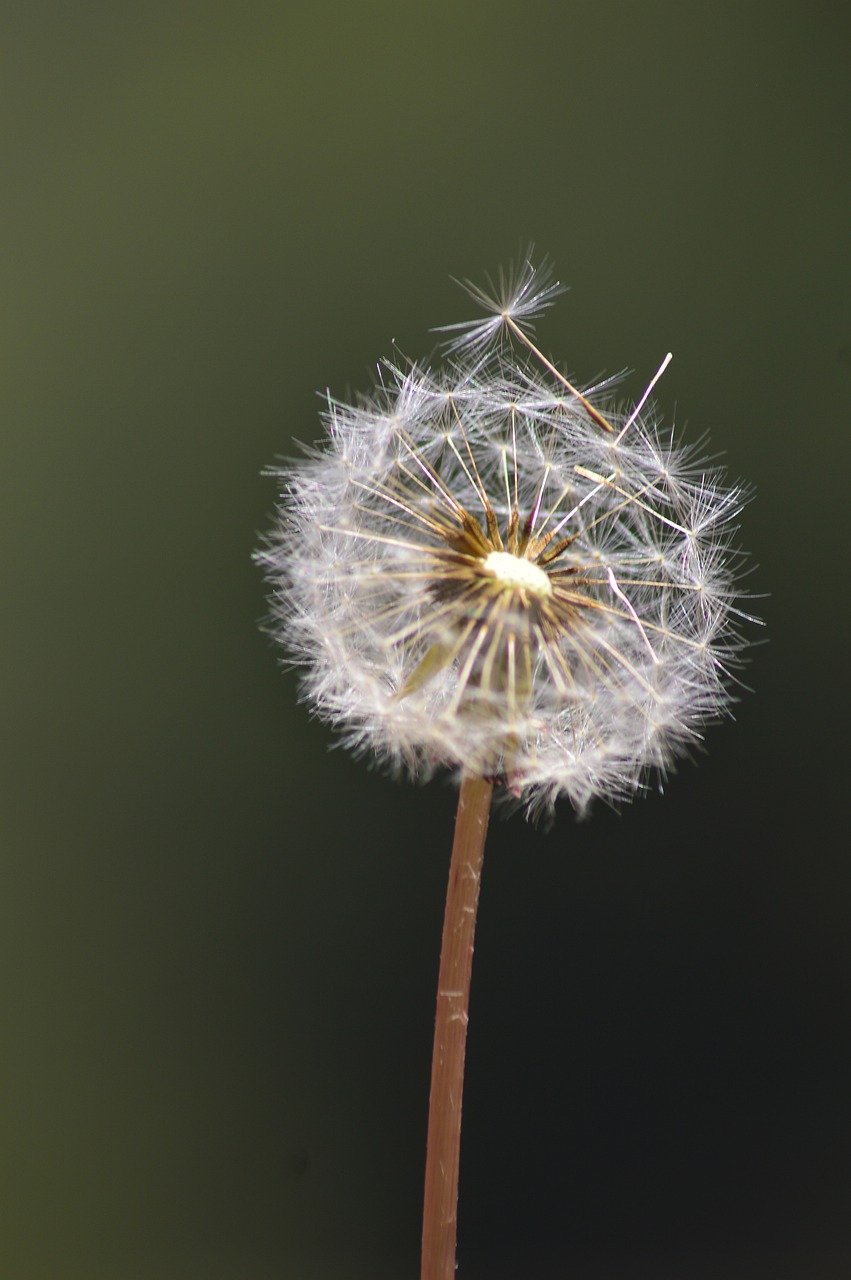
You are allergic to some ingredients
Our immune system considers an allergy a generally harmless substance dangerous. Immune cells then attack it, causing us disease-like symptoms.
Daily, our skin is under attack from various potential allergens and irritants. With frequent and intense exposure to the same ones, it is possible to develop an allergy.
The difference between sensitive/irritated and allergic skin
Common symptoms of sensitive skin include mild burning, redness, discomfort, dryness, and a feeling of tightness.
The key, in this case, is the absence of a rash and intense itching.
In skin allergy, the symptoms of the above two conditions are usually accompanied by intense itching and/or rash.
The skin is red and rough and may not even be dehydrated. Lichens, eczema, urticaria and pigmentation also appear.
In case of skin allergy, consultation with a dermatologist is highly recommended. The standard practice, in this case, is to conduct a patch test indicating what exactly we are allergic to.
By avoiding specific allergens, the opportunity to restore our comfort is excellent.
The product has expired
The main problem with expired products is that the chemicals can decompose and cause serious problems.
From burns to irritations, but also to the formation of certain bacteria that cause skin infections or rashes.
The signs that indicate whether a product can still be used are smell, color change, separation of contents, and change in texture.
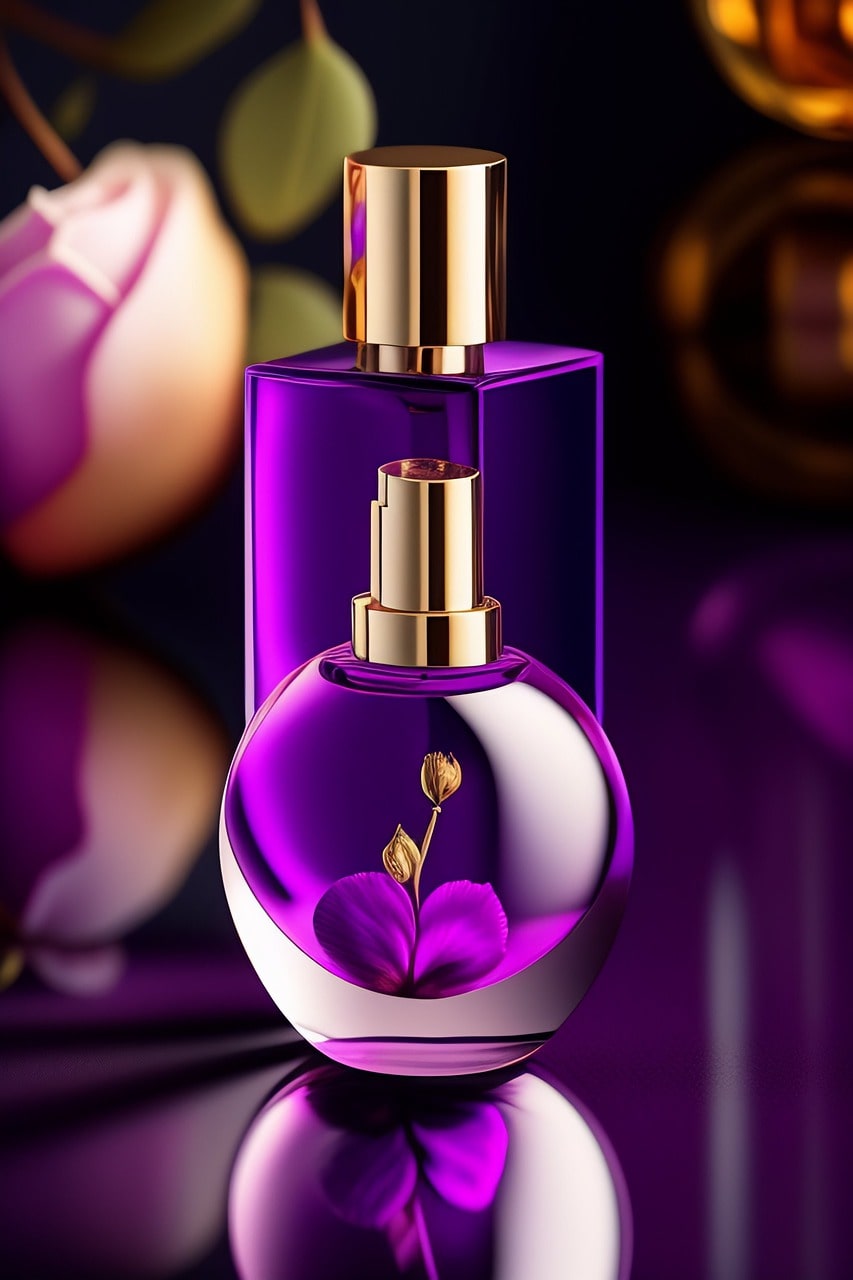
Your skin is sensitive to some fragrances
Several thousand different fragrances are known to be used in cosmetics. They are a common cause of skin allergies.
If you have sensitive skin, avoid cosmetics with more aggressive fragrances.
Preferably, they should be free of such so as not to inflame it.
But since fragrances are both natural and chemical, if a product is heavily scented, it may also contain harsh ingredients that could create a problem for non-sensitive skin.
When looking for fragrance-free products, pay attention to the labels.
“Fragrance-free” usually means no additional fragrances have been added to the product.
There are preservatives which can cause itchy skin
Cosmetics that contain water have preservatives in their composition, protecting them from developing microorganisms.
Preservatives are a significant cause of allergic reactions. These include:
Methyl, Propyl, Butyl and Ethyl Paraben are a group of chemicals with the qualities of preservatives.
They prevent the growth of microorganisms and extend the shelf life of cosmetics. However, they can also cause skin irritations and rashes.
Diazolidinyl Urea and Imidazolidinyl Urea are widely used preservatives. They release formaldehyde.
Formaldehyde is a skin and mucous membrane irritant.
Quaternuim is a group of ingredients, all formaldehyde donors, irritating the skin and mucous membranes.
Other allergens widely used in cosmetics are lanolin (derived from sheep’s wool), rosin, and propolis.
There are essential oils in the formula that might be the reason
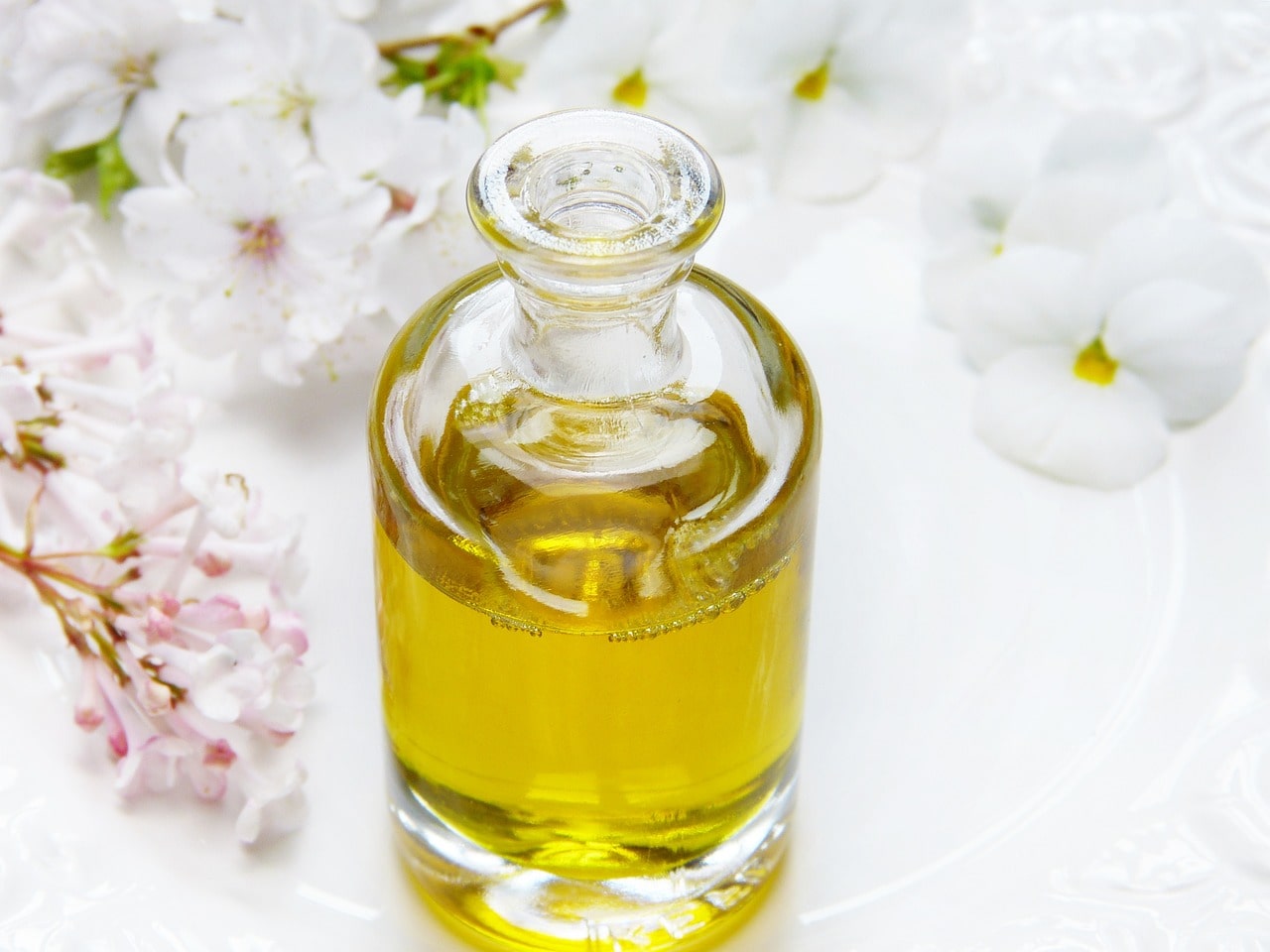
They are suitable for the skin but not when it is more sensitive, being so strong that they irritate.
Some ingredients of essential oils, like those in bergamot oil, are transformed into chemicals and enzymes.
When exposed to sunlight, this can trigger a photoallergic response.
Other essential oils that must be used cautiously are tea tree, peppermint, citrus and lavender.
There are AHAs or BHA in the moisturizer
Commonly used AHAs in skin care include glycolic acid, lactic acid, and mandelic acid, while BHAs include salicylic acid.
If overused, these can lead to dryness, flaking, itching, sensitivity and irritation.
People with dry or sensitive skin or a predisposition to skin conditions such as eczema or rosacea are likelier to develop sensitivity.
Possible side effects of these ingredients are itching, redness and sensitivity.
Be cautious when using AHAs if you have wounds, burns, psoriasis or eczema.
Salicylic acid is the most common BHA. It is also the main ingredient in aspirin and is commonly used to treat pimples. But its use can cause inflammation or a rash on the skin.
Glycolic acid is the most common type of AHA. It’s made from sugar cane.
Glycolic acid usually has a beneficial effect on the skin by penetrating deep into it.
When used excessively, it can cause dryness and redness. A better choice for those with sensitive skin is lactic acid.
Your product contains retinol
Retinol – the chemical form of vitamin A, is considered one of the most effective anti-aging products that promote cell regeneration through exfoliation.
Although it can’t quite shrink pores, retinol applied to the skin can make them less visible. The dead skin cells that accumulate around the pores make them appear even more prominent than they are.
The role of retinol is to help eliminate them by allowing the pores to breathe and clean more easily of everyday impurities.
When applied to the skin, retinol stimulates retinoid receptors in the skin cells. As a result, you may feel itchy, and the skin begins to peel.
Thus, your skin undergoes an adjustment period during the first few weeks.
The bottom line
Now you have the basic knowledge about why your skin gets itchy after applying moisturizer.
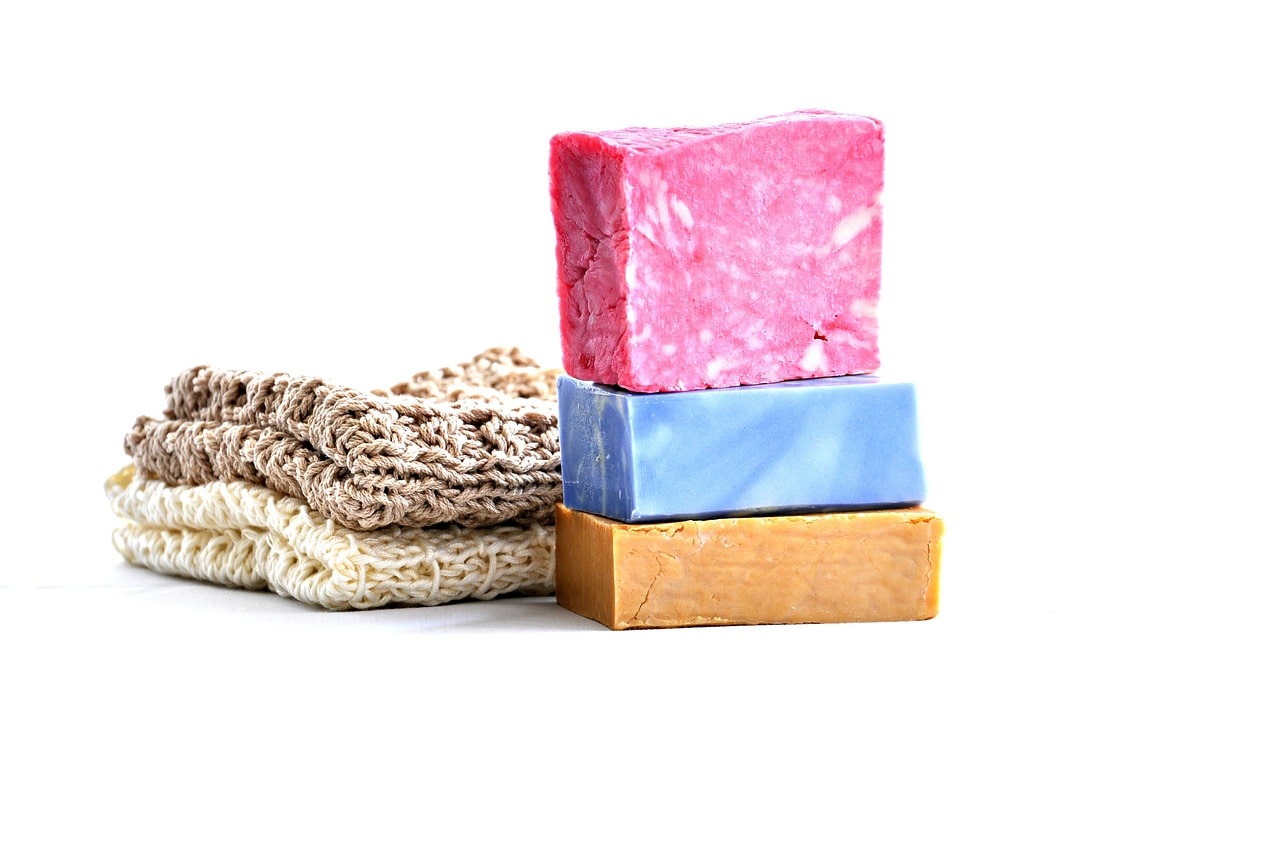
It could be your skin type, the product formula or even any of the ingredients used, which might be the culprit.
You have ten possible reasons mentioned to consider.
It is your task to explore the situation and take action. Going to a dermatologist and doing a patch test is a possible solution.
But you can do a couple of easy first-aid things at home.
- Try to wash not so often with a mild, pH-balanced soap.
- Don’t be harsh with your skin when you dry it up or apply skincare. Patting the towel or the product gently instead of rubbing it will help you soothe your skin and doesn’t cost you anything.
- Look for specially formulated products to soothe and maintain sensitive skin that are hypoallergenic, free of potentially irritating ingredients and tested on sensitive skin.
- Then take it from there and continue with the next steps.
Thank you for reading!
Valeria
